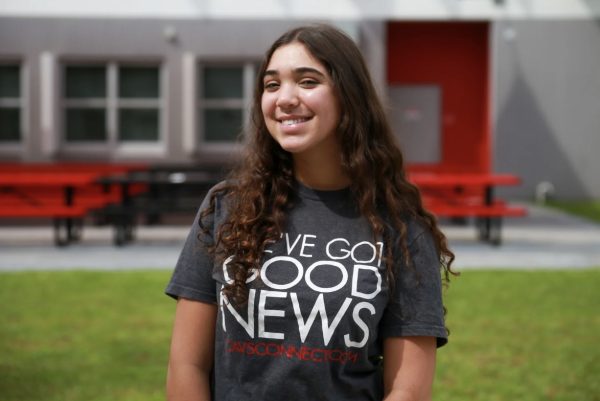In order to stand out to universities and challenge themselves, many students decide to take the Advanced Placement and International Baccalaureate classes that are available to them. Both of these programs are known for their rigorous coursework, extensive subject contents and high expectations for the enrolled students. The numerous AP classes are developed by the College Board and provide college-level courses to high school students in order to obtain college credits. On the other hand, IB classes are created by the International Baccalaureate Organization, with an emphasis on research, critical thinking and different assessment methods. While both AP and IB curriculums and classwork alone are highly challenging, these classes come with a final arduous task, an exam. These exams are extremely important as they determine whether or not students get college credit and recognition for their work throughout the year.
Students can chose from around 26 AP courses and 50 IB courses, and with over 2,000 students taking them, the final months of the school year, “testing season,” can seem extremely daunting for most students. However, while the tests may be the same, every student has a different way of studying and preparing for the test. Some may get help from websites with past papers, study groups created by the IB Executive Council, and some might not even study at all, looking over their notes at the last minute.
Before any studying can start, students have to plan, from creating a calendar with designed study sessions, to a more relaxed approach of spontaneously getting together with friends and taking about a course’s contents. How are AP and IB students planning out their studying as the exam date approaches?
“I made a study schedule, planning out all of my study sessions throughout the two months before the exam. I think it definitely helps because you’re going to have other things and you’re not going to find the time to study unless you actually plan it ahead,” senior Gabriella Vega said.
“To plan my studying, I’m a bit more spontaneous with it. I go through each unit and refresh on topics that I have already learned, bringing them back to my memory. By relating everything back to its unit, I create almost like a timeline, which helps me remember the information,” junior Ariana Barreiro said.
After planning is done, students must find which resources will help them the best in studying for their exams. These may be recommended by teachers, like Heimler’s History, or niche lesser-known websites students found while searching the internet. Which resource do Cavaliers find the most helpful?
“For IB Mathematics and IB Biology I’ve been using Revision Dojo and Revision Village. For AP U.S. History, I’ve been using Heimler’s History. For AP English Literature, I’ll probably use the essay rubrics and past essays from the College Board website,” junior Trinity Perez said.
“I’m taking AP Human Geography, AP English Language and AP European History. For AP Human Geography, my teacher, Mrs. Cosgrove, has given us some really good Powerpoint presentations, and my AP European History teacher recommended Heimler’s History. Also my AP English Language teacher has us take notes on the videos from the College Board website,” sophomore Lou Palanque said.
“The main thing I am using to study is Heimler’s History, because I think it is the easiest way for me to get the information that I need [for the AP World History exam]. I listen to Heimler’s videos while I’m doing other things, just so that I’m hearing the words and the information is getting into my brain,” freshman Natalia Quick said.
While students communally struggle during testing season, these shared obstacles push a spirit of solidarity, creating a network of support where students help one another. Exemplified through the study sessions at the University of Miami’s Otto G. Richter Library hosted by the IB Executive Council, or even personal study groups created by students themselves. How have the Cavaliers helped each other in studying for AP/IB exams?
“In studying for AP and IB tests, I go to the library with friends because when we’re in a group setting, it helps us focus on the material we’re trying to learn. At the Coral Gables Library, they have books for AP tests that have practice exams that my friends and I take them. After we’re done we switch them and check each others’, seeing what we might’ve done wrong. After that, we ask each other questions, and it’s a more interactive way of learning instead of just doing everything alone,” junior Sela Peña said.
“I help my peers in studying for AP U.S. History through just having conversations with them, going over what we have learned and bringing it up into conversation. This is helpful because it ensures we know what we’re talking about and it refreshes our memory,” junior Orly Schoolman-Wood said.










